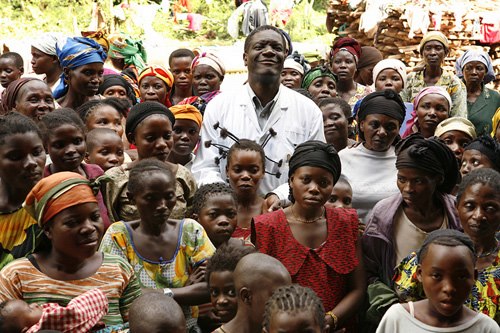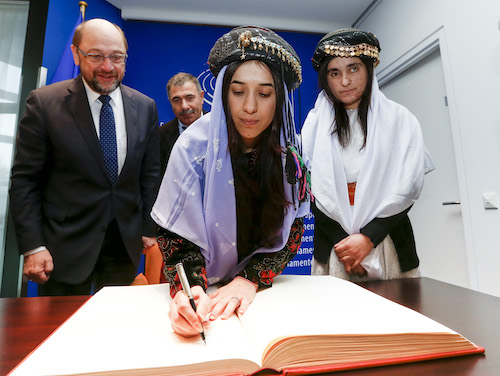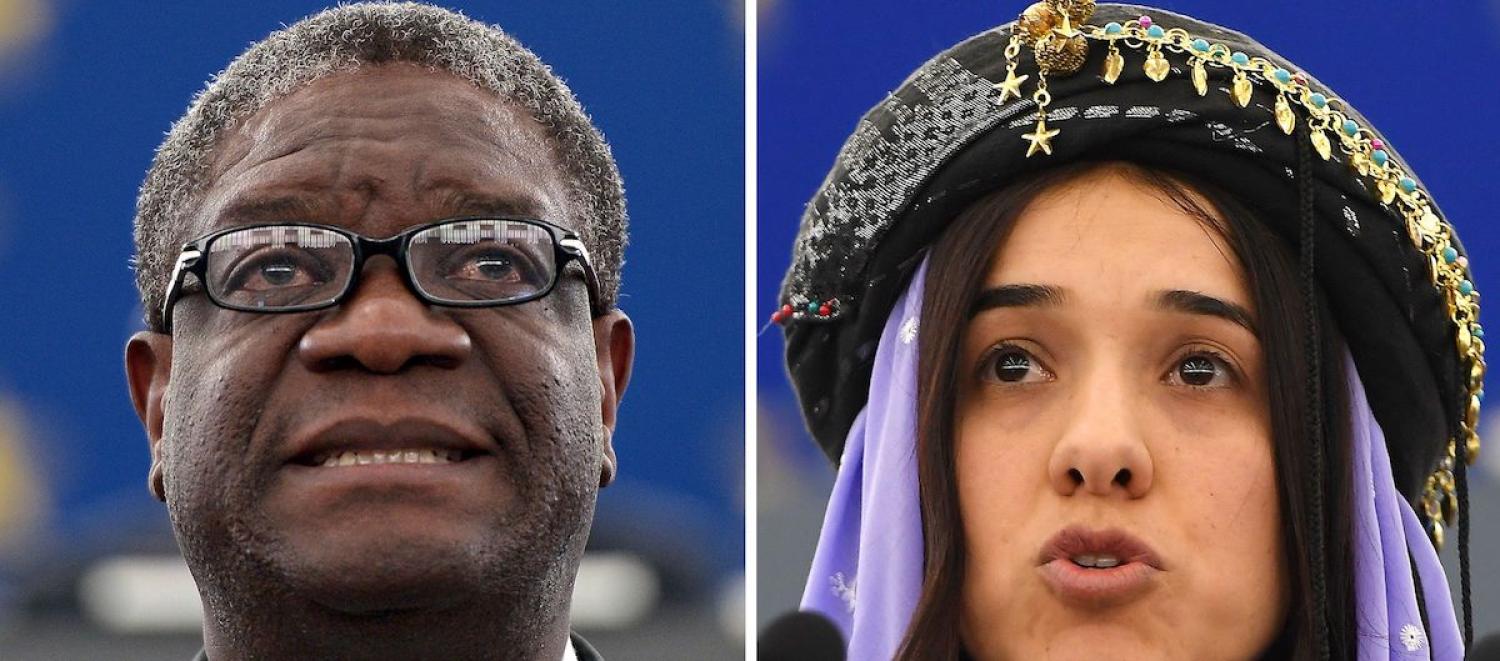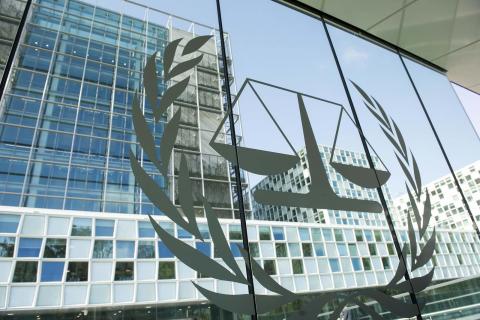Gender advocates cheered around the world last week, despite events in Washington and elsewhere putting a dampener on hope for gender equality.
Nadia Murad and Dr Denis Mukwege were announced as the joint winners of the 2018 Nobel Peace Prize “for their efforts to end the use of sexual violence as a weapon of war and armed conflict.” In their announcement, the Norwegian Nobel Committee said:
Both laureates have made a crucial contribution to focusing attention on, and combating, such war crimes.
Although the Nobel Peace Prize has only been awarded to only 17 women, it is the category in which women are best represented as recipients. Mukwege has been nominated many times before but has finally been selected as one of the 133 people to be awarded this high honour.
While both Mukwege and Murad continue to do incredible work on ending impunity for conflict related sexual violence, neither has seen the realisation of this goal.
Mukwege is the Director of the Panzi Hospital in the east of the Democratic Republic of Congo where he has been a practicing gynaecologist since it was founded in 1999. He has treated thousands of women for the physical injuries they sustained from sexual violence at the hands of government and rebel forces alike. His hospital takes a holistic approach to the problem, providing psychosocial support for survivors as well as legal assistance. Mukwege is a well known global advocate for gender equality and the rights of women in the Congo. He has campaigned tirelessly to combat conflict related sexual violence.

Nadia Murad was 21 years old when her village in Kocho, northern Iraq was overrun by ISIS. She was one of thousands of young Yazidi women and girls who were kidnapped and sold into sexual slavery as part of the ISIS campaign of genocide against the Yazidi community. She was trafficked to Mosul where she was beaten, tortured, and gang raped for a month before escaping her captors.
Murad has spoken bravely and eloquently at the UN Security Council about the plight of her people and has campaigned for international investigations and mechanisms to bring justice to her people. In 2016 she was appointed UN Goodwill Ambassador for the Dignity of Survivors of Human Trafficking.
In her speech to the Security Council, Nadia Murad explained the “terrible suffering” she went through at the hands of ISIS and concluded by saying “all these crimes must be bought to an end.” Indeed, Mukwege has also advocated for an end to impunity for conflict related sexual violence. While both of them continue to do incredible work, neither has seen the realisation of this goal.

For years, DR Congo has been known as the rape capital of the world. Significant efforts have gone into addressing conflict related sexual violence there, but the latest Thomson Reuters Poll on the world’s most dangerous countries to be a woman still places DR Congo as second for sexual violence.
But for most governments around the world, the horrors women experience were perpetrated in another country, by someone from another country, against someone from another country. Moreover, those countries often haven’t the willingness or capacity to do anything about it.
The horrors experienced by women in Syria and Iraq, by Yazidis such as Nadia Murad, may have been perpetrated in another country, but they have been perpetrated by people from across the globe. The fact that the ranks of ISIS were populated with foreign fighters provides a unique opportunity to end impunity for sexual violence as war crimes, crimes against humanity and genocide.
Of the 123 States Parties to the Rome Statute of the International Criminal Court, at least 36 are known sources of foreign fighters for ISIS. The principle of complimentarity of the International Criminal Court means that each of those States Parties is obliged to investigate and prosecute sexual violence as war crimes, crimes against humanity and genocide within their own judicial system.
So far, only Germany has issued an arrest warrant for a foreign fighter for the crime of genocide, and no country has laid charges against a perpetrator of sexual violence.
Wouldn’t it be wonderful if this Nobel Peace Prize bought enough attention to the issue of conflict related sexual violence, that countries would actually investigate and prosecute the crimes, bringing an end to the impunity both Nadia Murad and Denis Mukwege have campaigned for so passionately?
In an interview after the announcement, Chair of the Norwegian Nobel Committee, Berit Reiss-Andersen, explained that they wanted to award the prize to more than one laureate because they “wanted to underline that this is not a problem connected to one particular national state. It is a problem worldwide.” She went on to say, sexual violence in armed conflict is unacceptable:
We want to send the message that the way you address war crimes is by introducing legality instead of lawlessness. So impunity has to end. The perpetrators have to investigated and prosecuted.
Countries that could take the lead on such investigations and prosecutions include Australia, Belgium, Canada, Denmark, Finland, France, Germany, Ireland, Netherlands, Norway, Sweden, and the United Kingdom. If they investigate and prosecute the crimes perpetrated by ISIS foreign fighters, they may then have the institutional mechanisms to prosecute other perpetrators too.

